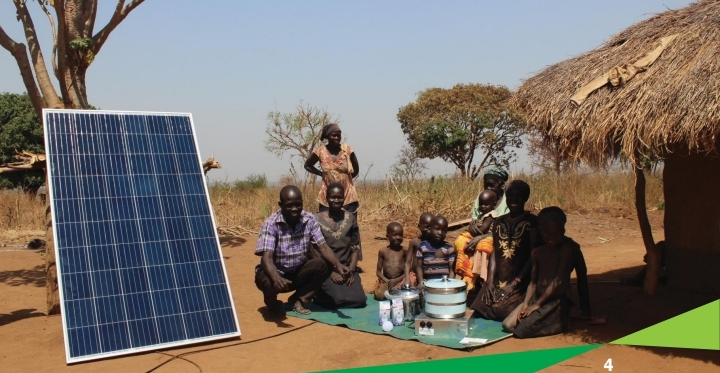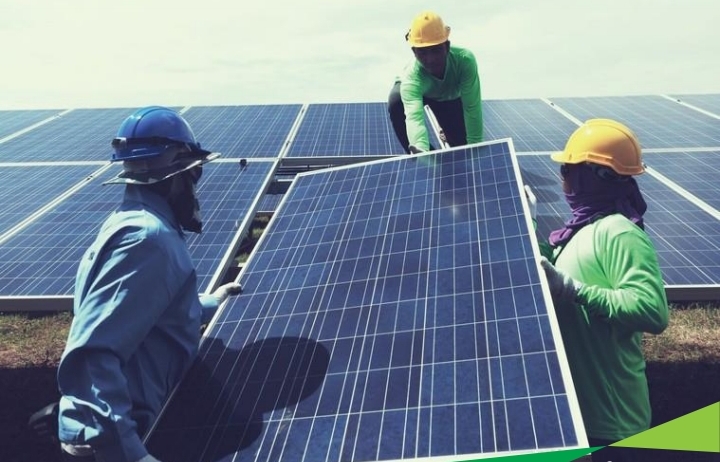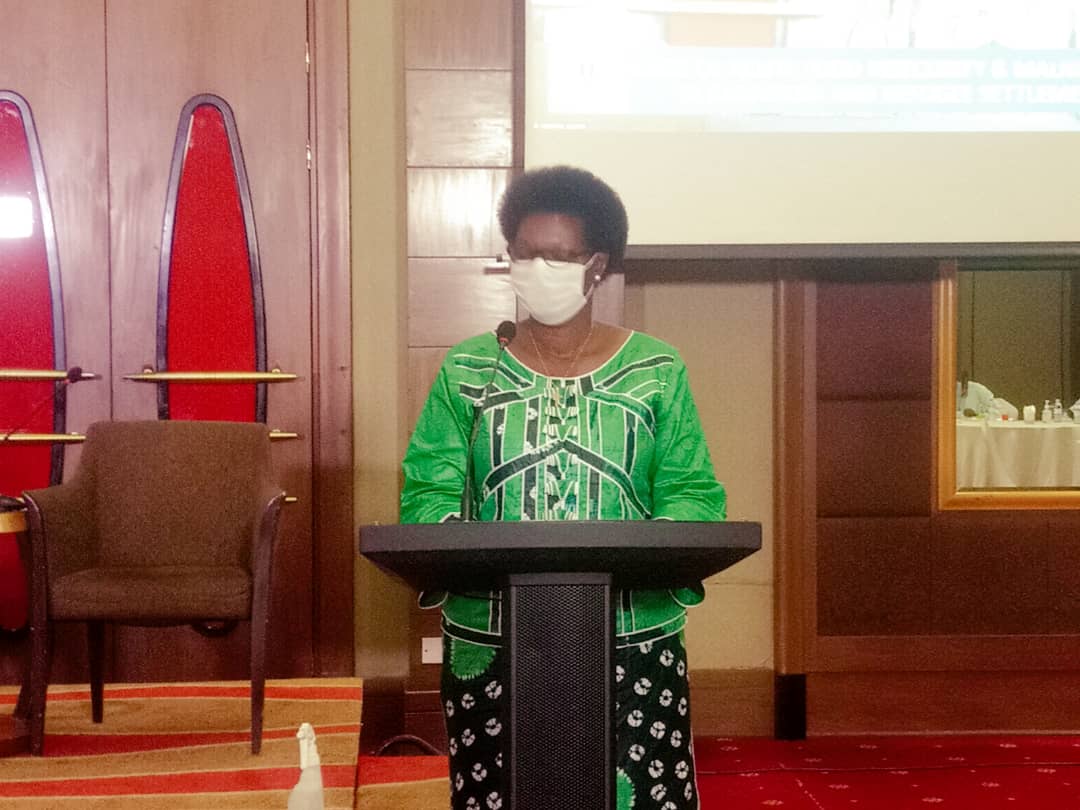
KAMPALA — A regional report on strengthening the off-grid solar electrification market through improved policy and advocacy in East Africa has been launched Thursday, August 5, 2021 — holding great promises for the sector.
The report, a culmination of an extensive year-long study to assess the policy environment in the Off-grid solar sector—highlights industry grey areas but also draws recommendations to further bolster off-grid solar energy penetration.
While regional governments including Uganda, Rwanda, Tanzania, Burundi and Kenya have heavily invested in hydro power generation, findings show that the penetration to end users is very slow, service is unreliable but also very expensive—leading to regional development disparities especially urban and rural populations.
The report further shows that a whopping 82 million out of 177 million East African citizens do not have access to electricity, with the report also revealing troubling statistics in Burundi, Tanzania and Uganda.
Electricity access stands at 59.7% in Rwanda, 7% in Burundi, 36% in Tanzania, 56% in Kenya and 42.6% in Uganda.
The report shows East African region is now increasingly focussing on Off-grid electrification solutions to scale access to energy and fight climate change.
The investigation has revealed that contribution of Off-grid solar in the energy mix is being hampered by policy gaps including affordability, taxation, standards and quality are not comprehensively addressed. The tax regime varies across the EA region. Import duty is levied on all solar accessories, tax exemption (zero rating for VAT) is applied on Solar PV panels in Uganda, Rwanda, Burundi,Tanzania. Kenya has reinstated VAT exemption on solar equipment as of the Finance Act 2021, repealed however import duty at 25% will remain active, ” the report says.

It adds: “Incoherent regulations on standards and quality. There is prevalence of low-quality off-grid solar solutions and counterfeits in the East Africanmarket. The existing regulations on standards and quality are not comprehensive enough in fighting counterfeits. Consumer
protection is weak, coupled with poor enforcement across the region and among stakeholders. Some countries like Burundi have no standards at all while most of the countries are reviewing or developing and adopting such regulations. Kenya and Uganda have made efforts in adopting the International Electrotechnical Commission (IEC) standards, while Rwanda has own standards”.
The report also indicates that implementation of recommended strategies is weak and disjointed due to limited budgets, competing priorities, weak follow-up by stakeholders, and above-all the policies and strategies remain largely on paper.
The report launch includes an EAC Industry Position Paper that National Renewable Energy Associations have adopted to advocate for a better Off-grid solar sector policy environment and assist governments to meet national renewable energy targets.

Key recommendations include clarification and harmonization of the solar tax regime, establishment of a strong and consistent enforcement of approved standards as well as establishment of new financial vehicles to support local solar companies with long term credit, guarantees and incentives among others.
Stakeholders said the report is key in bringing meaningful change in the governance of the renewable energy sector in the individual countries and the EAC region and that it is expected to be beneficial to the East African Community governments, Development Partners, International and local NGOs, impact investors, and philanthropists with interest in improved renewable energy access, especially Off-grid solar electrification.
The National Renewable Energy Associations (NREAs) in East Africa, comprising Energy Private Developers (EPD) in Rwanda, Burundi National Renewable Energy Association (BUREA), Kenya Renewable Energy Association (KEREA), Uganda Solar Energy Association (USEA), and Uganda National Renewable Energy and Energy Efficiency Association (UNREEA) with support from Global Association for Off-grid Solar Industry (GOGLA), and Goldstone Consulting spearheaded the study but funded by the PowerUp!
PowerUp is a project under the Transforming Energy Access (TEA) programme of the Foreign, Commonwealth and Development Office (FCDO).





